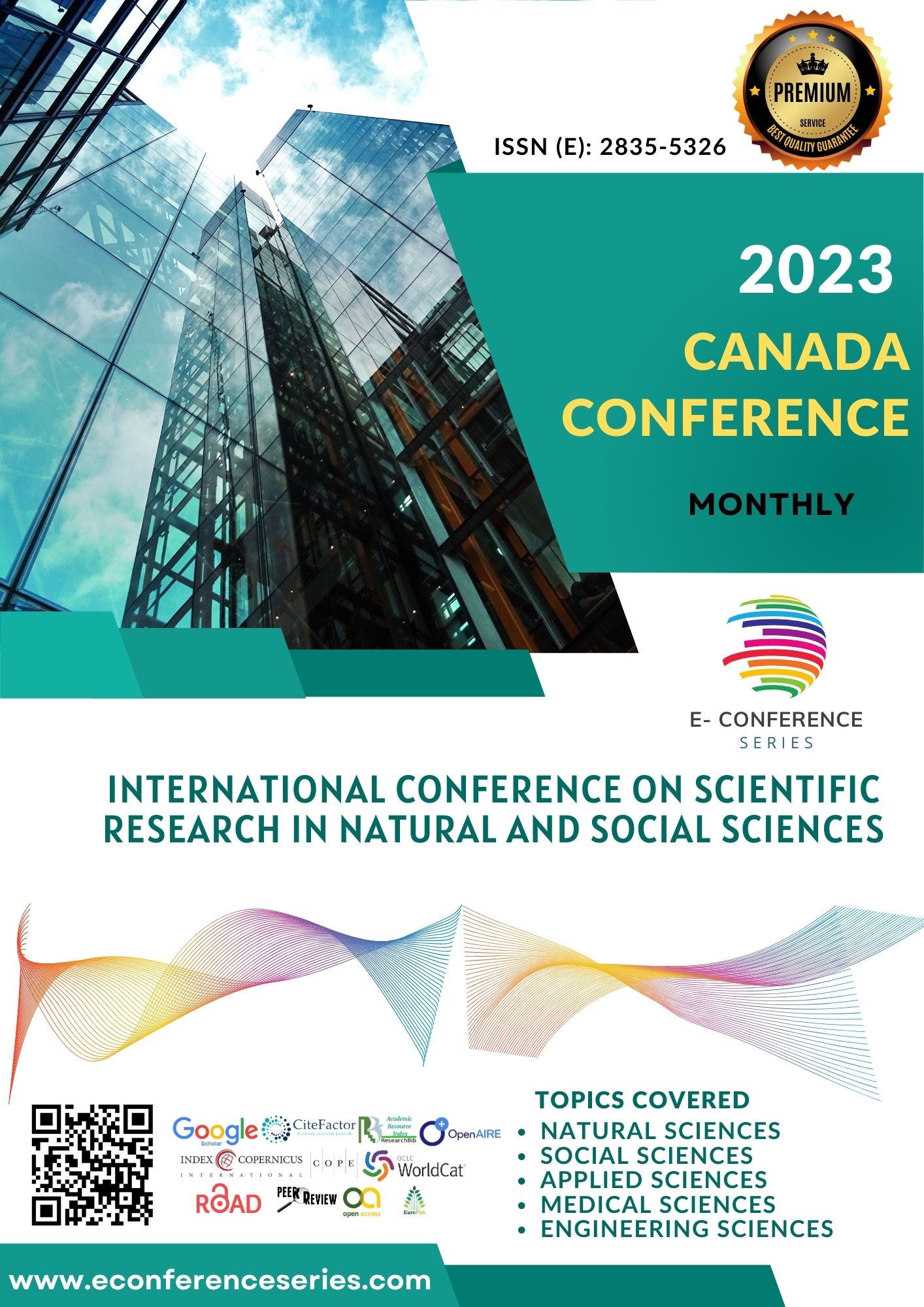INDUCTION OF ENDOMETRIAL GROWTH
Abstract
Endometrial growth plays a critical role in female reproductive health, particularly in processes such as menstruation, implantation, and pregnancy. This thesis explores the mechanisms of endometrial growth induction, emphasizing the interplay between hormonal, molecular, and cellular factors that regulate the endometrial cycle. It further examines the therapeutic applications of inducing endometrial growth in conditions like endometrial atrophy, infertility, and uterine disorders, alongside the potential challenges and risks associated with these interventions. Emerging therapeutic strategies, including hormonal therapies, growth factors, and regenerative medicine, are evaluated for their efficacy and safety. Through an exploration of clinical studies and experimental models, this thesis aims to provide a comprehensive understanding of how endometrial growth induction can enhance reproductive outcomes, improve gynecological health, and address fertility issues.
References
Foundational Textbooks and Reviews on Reproductive Biology:
- These provide fundamental knowledge of the menstrual cycle, hormonal regulation, and the endometrial function.
- "Yen & Jaffe's Reproductive Endocrinology: Physiology, Pathophysiology, and Clinical Management" – Strauss JF, Barbieri RL.
- "Human Reproductive Biology" – Richard E. Jones, Kristin H. Lopez.
Endocrinology and Hormonal Regulation Studies:
- Research articles focused on the role of estrogen and progesterone in endometrial growth and function.
- Gargett CE, Masuda H. "Adult stem cells in the endometrium." *Mol Hum Reprod*. 2010.
- Brosens JJ, Gellersen B. "Something new about early pregnancy: decidual biosensors and the cytoplasmic renaissance." *PLoS Med*. 2010.
Downloads
Published
Issue
Section
License

This work is licensed under a Creative Commons Attribution-NonCommercial 4.0 International License.








